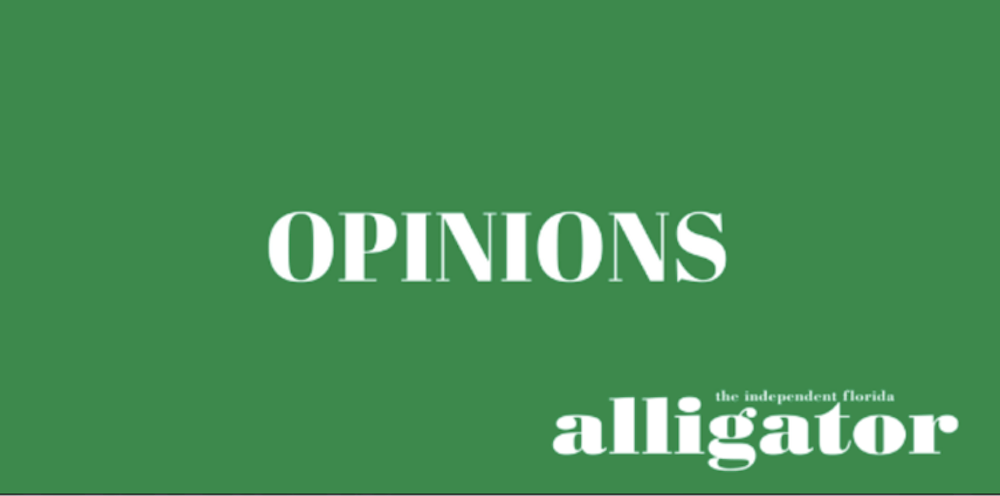According to the American Psychiatric Association (APA), ethnic and racial minorities often bear a disproportionately high burden of disability resulting from mental disorders. Yet, by 2044, models show more than half of all Americans will belong to a minority group. Taken altogether, this seems to indicate troubled waters on our horizons, and it should speak to the importance of cultural sensitivity in mental health training.
Using a few anecdotes from my own life, I’m hoping this dialogue on health disparities will spark more reflection and discussion in your own day-to-day routine. Addressing mental health challenges can be a strange and confusing battle to wage, as root causes such as stigmas are almost invisible. For that reason, it’s important to have these conversations.
When going anywhere with my grandparents, there would often be this inevitable moment where my brother or I would have to assume the role of interpreter and mediate between them and a third party. I would often wonder what happened when neither of us were around. Having spent most of their lives in the Peruvian Amazon rainforest, their English is surprisingly sound but occasionally missing words. So, English-demanding services — such as being on the phone with tech-support — were all grandson territory. Imagine then, having an interpreter convey your mental illness. Can you picture the difficulty in relaying your struggle to a counselor or therapist? My grandparents live in Miami, a highly bilingual city; could you imagine if they lived in Gainesville? It really didn’t surprise me when the APA reported a shortage of bilingual or linguistically trained professionals as one of the largest barriers to mental health care for minorities.
While I was a volunteer with the Torture Abolition and Survivor’s Support Coalition, I worked with refugees from around the world who spoke everything from French to Amharic. I can attest firsthand to how difficult it is to have to talk about sensitive, personal struggles when there is a third-party translator in the room. Not only is it uncomfortable, but so much personality is lost in translation. There were more than just language barriers, however — these individuals often had specific issues where significance might not entirely register with professionals.
The immigrant experience in the United States is plagued with challenges. Many of the survivors I worked with not only had pre-existing medical conditions, but now had the added stress of needing to integrate into a new society. Picture this: You’ve been placed in a foreign country and you need to find insurance, learn about mental health services available to you and find a specialist who speaks your language (or know someone who can) — all while finding food, shelter and a job. Can you feel that stress? A majority of the survivors I worked with did that while also having zero connections in the United States and legally battling the government for asylum while under the fear of deportation.
Please know I’m more than happy to discuss any of the experiences written above in further detail. Immigrants are only one of the communities facing these issues. Next week, we can continue the conversation, looking at more barriers to care for other people. Until then, pick out an activity from your daily life and imagine how it might have to be accomplished differently if you immigrated recently or spoke only one of thousands of foreign languages.
Matthew Diaz is the President of the Indigenous-American Student Association






